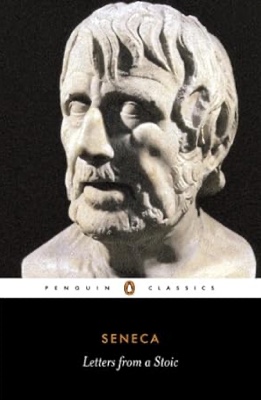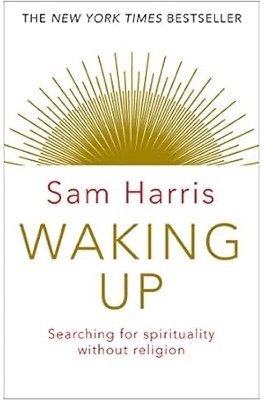 “On the Shortness of Life” is a moral essay written by Seneca the Younger, a Roman Stoic philosopher, addressing the theme of time management and the human perception of time. Written approximately in 49 AD, the essay is a powerful reminder that life is not inherently short but is often wasted by people who do not know how to live properly. Seneca argues that life is long enough if lived wisely and that many people squander their time on meaningless or trivial pursuits instead of focusing on what’s truly important.
“On the Shortness of Life” is a moral essay written by Seneca the Younger, a Roman Stoic philosopher, addressing the theme of time management and the human perception of time. Written approximately in 49 AD, the essay is a powerful reminder that life is not inherently short but is often wasted by people who do not know how to live properly. Seneca argues that life is long enough if lived wisely and that many people squander their time on meaningless or trivial pursuits instead of focusing on what’s truly important.
Seneca criticizes those who are preoccupied with their careers, wealth, and social status, asserting that they are caught up in the pursuit of things that ultimately do not bring lasting happiness or fulfillment. He also denounces the procrastination of life goals under the assumption that we have ample time ahead of us. According to Seneca, this mismanagement of time leads to a life filled with regret and anxiety, as individuals realize too late that they have not truly lived.
The essay urges readers to embrace a Stoic approach to life, prioritizing wisdom, virtue, and self-reflection. Seneca encourages living each day as if it were your last, focusing on the present, and dedicating oneself to meaningful activities that enrich the soul. He highlights the importance of philosophical study and contemplation as ways to achieve a deeper understanding of life and to prepare for death without fear.
“On the Shortness of Life” is a profound meditation on the human condition and the art of living. It serves as a timeless reminder of the value of time and the importance of living a purposeful life. Seneca’s insights are as relevant today as they were in ancient Rome, offering guidance for anyone seeking to live more fully and mindfully amidst the distractions and pressures of modern life.





